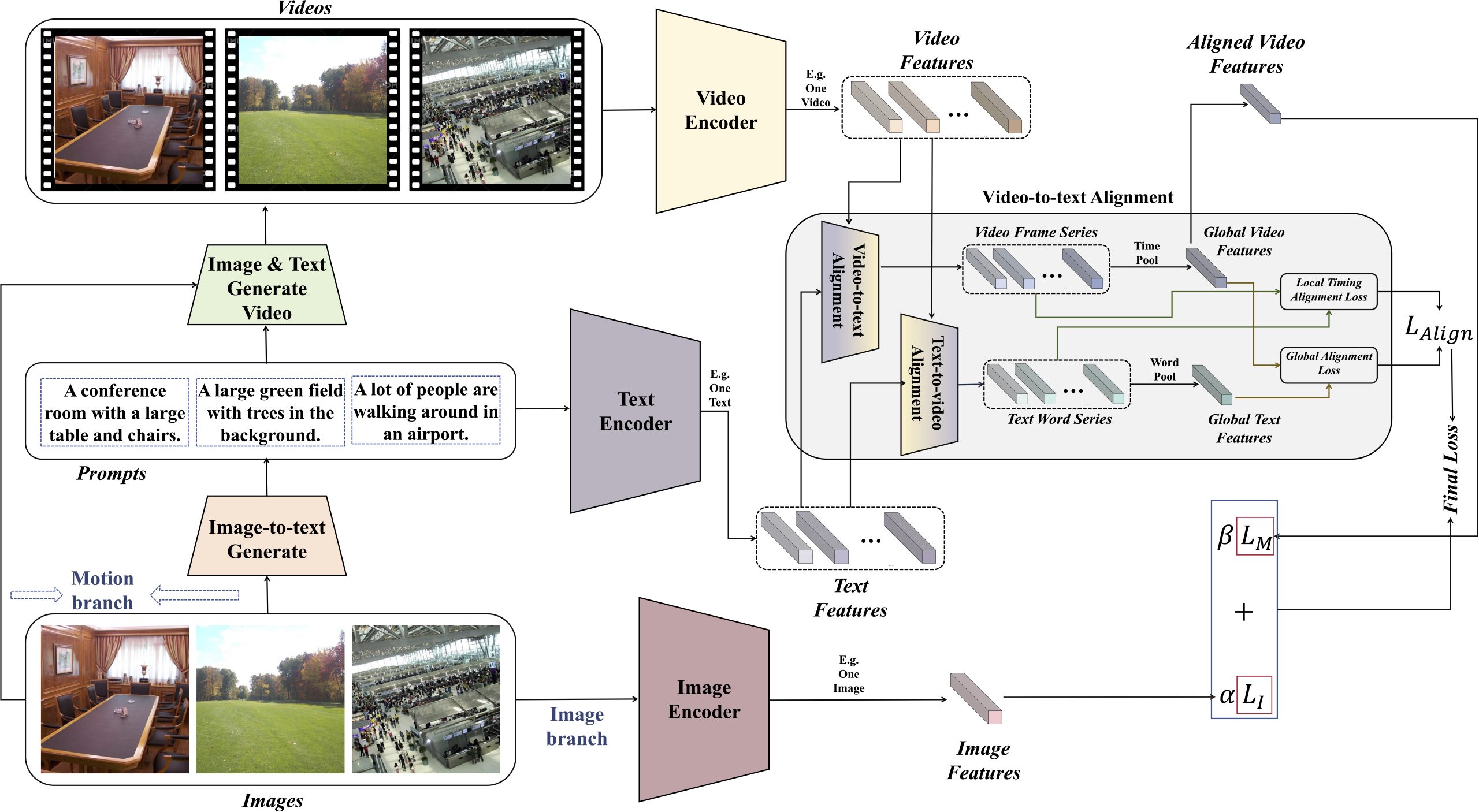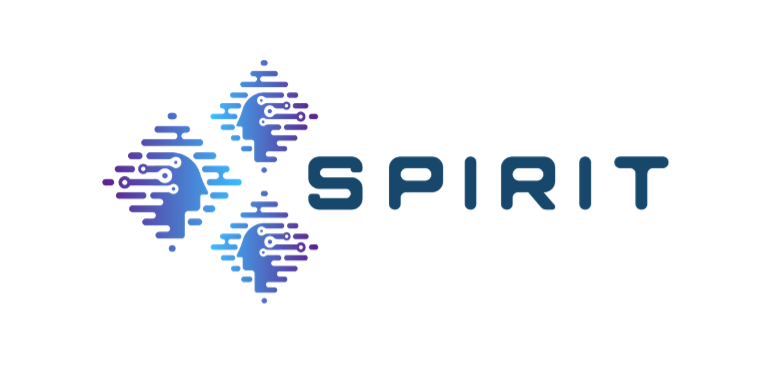The University of Klagenfurt, with approximately 1,700 employees and over 13,000 students, is located in the Alps-Adriatic region and consistently achieves excellent placements in rankings. The motto “per aspera ad astra” underscores our firm commitment to the pursuit of excellence in all activities in research, teaching, and university management. The principles of equality, diversity, health, sustainability, and compatibility of work and family life serve as the foundation for our work at the university.
The University of Klagenfurt is in the process of establishing a Karl Popper Kolleg (graduate school) entitled “FruitScope: A DroneScope for Smart Agriculture”. The following positions are open for applicants at this school with an anticipated starting date of October 1, 2025:
Up to 4 Predoc Scientist Positions (all genders welcome)
- Level of employment: 75 % (30 hours per week) each
- Minimum salary: € 39,005.40 per annum (gross); classification according to collective bargaining agreement: B1
- Limited to: 3 years
- Application deadline: August 20, 2025
- Reference code: 338/25
Tasks and responsibilities:
- Independent research and scientific qualification within the Karl Popper Kolleg FruitScope with the aim to acquire the Doctoral Degree in Technical Sciences
- Peer-reviewed publication of scientific results in journals and at conferences
- Team work and student mentoring
- Active participation in public relations activities
This graduate school seeks to push the current bounds of state-of-the-art in navigation, coordination, sensing, and communication of multi agent unmanned aerial vehicles (UAVs). The groups of the involved faculty publish in international top journals and conference proceedings. Successful applicants will be encouraged and supported to publish and present their work in such journals and proceedings and will have the opportunity to cooperate with our world-renowned international partners in science and industry. We currently cooperate with partners worldwide, mainly in the USA/Canada and Europe. We specifically encourage close and open collaboration with our peers both internationally and at the University and support international exchanges with the universities and research institutions affiliated to the graduate school (e.g., ETH Zurich, MIT, CMU, NASA, UofT, U-Mich, UPenn, Georgia Tech). Our young research groups provide a dynamic, familiar, and friendly attitude and thus a collaborative and inspiring work environment with very modern infrastructure (e.g., one of the largest indoor drone halls in Europe), which is continuously updated and upgraded (e.g., soon, with one of the largest outdoor drone test fields in the world).
Prerequisites for the appointment:
- Completed Master’s or Diploma degree in electrical engineering, information and communication engineering, mechanical engineering, computer science or related fields. This requirement has an extended deadline and must be fulfilled two weeks before the starting date at the latest; hence, the last possible deadline for meeting this requirement is September 17, 2025.
- Proven knowledge and experience in at least one of the following areas: mobile robotics, wireless communications or sensing, multimedia communication, signal processing for communications, or machine learning
- Proven programming skills in at least one of the following languages: Matlab, C/C++, Java, Python, ROS or similar
- Fluency in English (both written and spoken)
Additional desired qualifications:
- Good knowledge of cooperative software development (e.g., with GIT)
- First scientific publication (apart from Master’s or Diploma thesis) in the area of mobile robotics, wireless sensing, or multimedia communication technology
- Relevant international or practical experience
- Good scientific communication and presentation skills
- German language skills or willingness to acquire German language skills within the first two years of service
- Social skills and ability to work independently
Our offer:
The employment contract is concluded for the position as predoc scientist and stipulates a starting salary of € 2,786.10 gross per month (14 times a year; previous experience deemed relevant to the job can be recognized).
The University of Klagenfurt also offers:
- Personal and professional advanced training courses, management and career coaching, including bespoke training for women in science
- Numerous attractive additional benefits, see also https://jobs.aau.at/en/the-university-as-employer/
- Diversity- and family-friendly university culture
- The opportunity to live and work in the attractive Alps-Adriatic region with a wide range of leisure activities in the spheres of culture, nature and sports
The application:
If you are interested in this position, please apply in English providing the following documents:
- Letter of application explaining the motivation and including a statement of interest in research (indicating an idea for the research for your own doctoral degree)
- Curriculum vitae (please do not include a photo)
- Copies of degree certificates (Bachelor and Master)
- Copies of official transcripts (Bachelor and Master) containing a list of all courses and grades
- Master’s thesis. If the thesis is not available, the candidate should provide a draft or an explanation.
- If an applicant has not received the Master’s degree by the application deadline, the applicant should provide a declaration, written either by a supervisor or by the candidate themselves, on the feasibility of finishing the Master’s degree before September 17, 2025.
To apply, please select the position with the reference code 338/25 in the category “Scientific Staff” using the link “Apply for this position” in the job portal at https://jobs.aau.at/en/.
Candidates must provide proof that they meet the required qualifications by August 20, 2025, at the latest. However, candidates who fulfil the required qualifications but do not yet possess the required Master’s degree can apply, provided they are able to meet this requirement at least two weeks before the starting date. Therefore, the latest possible deadline for meeting this requirement is September 17, 2025.
General information about the university as an employer can be found at https://jobs.aau.at/en/the-university-as-employer/. At the University of Klagenfurt, recruitment and staff matters are accompanied not only by the authority responsible for the recruitment procedure but also by the Equal Opportunities Working Group and, if applicable, by the Representative for Disabled Persons.
For further information on this specific vacancy, please contact:
The University of Klagenfurt aims to increase the proportion of women and therefore specifically invites qualified women to apply for the position. Where the qualification is equivalent, women will be given preferential consideration.
People with disabilities or chronic diseases, who fulfil the requirements, are particularly encouraged to apply. Travel and accommodation costs incurred during the application process will not be refunded. Under exceptional circumstances online hearings may be possible. Translations into other languages serve informational purposes only. Solely the version advertised in the University Bulletin (Mitteilungsblatt) shall be legally binding.
![]()
















